Council tax bills to rise by almost £100 - where does your money go?
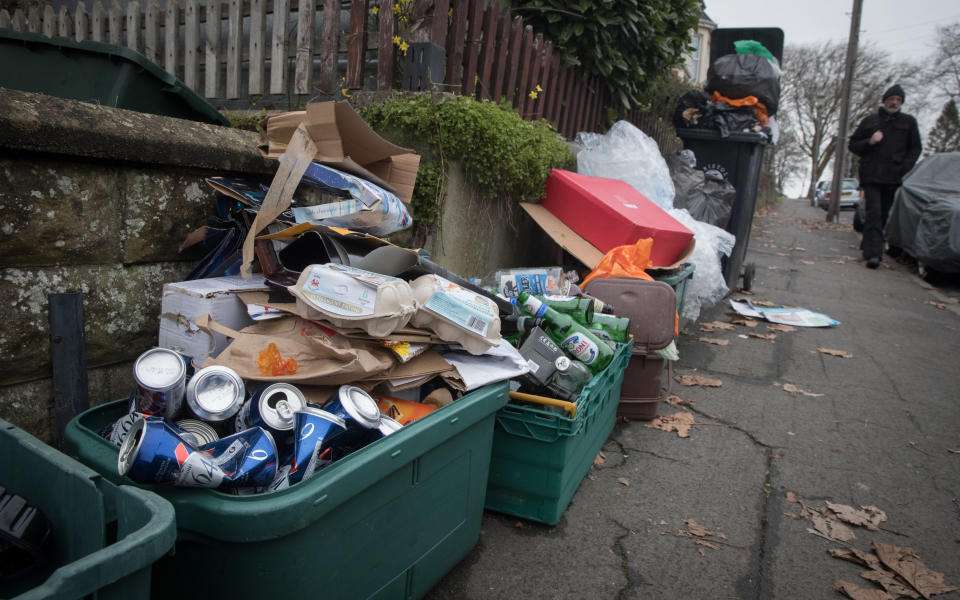
Millions of households up and down England will see council tax bills rise by about £100 from April.
Rises of up to 6% – twice the rate of inflation – are predicted to be imposed by the majority of local councils as cuts from central government funding bite.
Council tax is set to rise in 95% of authorities while 93% will hike service fees, according to the 2018 State of Local Government Finance research.
MORE: Inheritance tax shake-up could see ‘gifting’ limit raised
Jonathan Carr-West, chief executive of Local Government Information Unit, claimed the survey illustrated graphically how councils “are on the edge” and most are “holding it together” by “raising council tax, increasing charging and draining their reserves”.
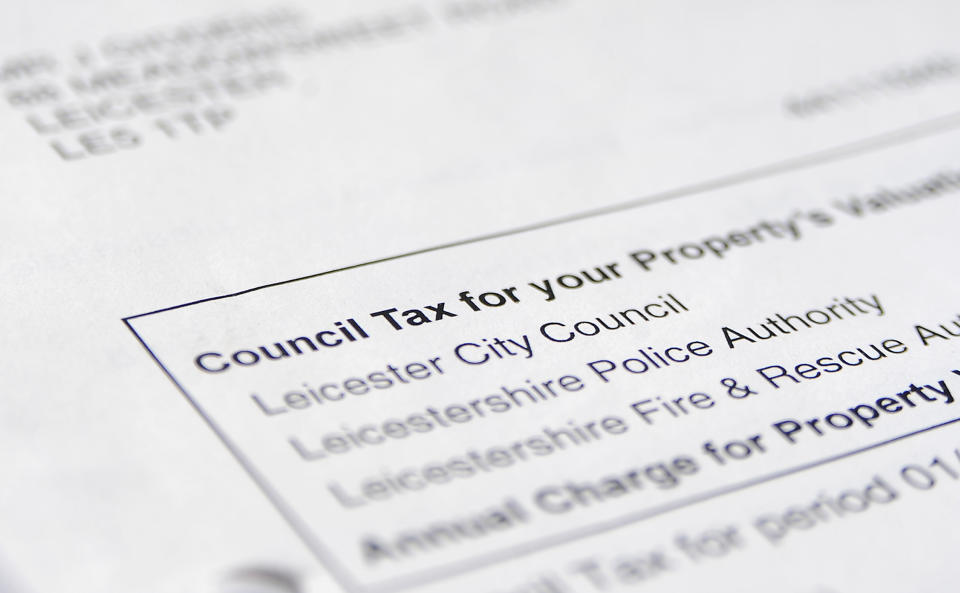
How much can councils raise bills?
Council tax can rise by 3% this year, in line with inflation, before a referendum is triggered.
Local Government secretary Sajid Javid has said larger authorities that provide social care can impose a precept of up to 3% – making a total rise of 5.99%, up 1%.
That would result in bills for the average, middle ground, Band D property to increase by about £97 a year.
More than 90% of councils are considering upping charges for services like garden waste collection, meals on wheels, burials and planning applications.
MORE: How your email address can see you pay more for car insurance
For example, North Herts District council will be charging £40 a year per household to collect garden waste from May. If you don’t want to pay for it, then you will have to take the grass cuttings to the dump yourself.
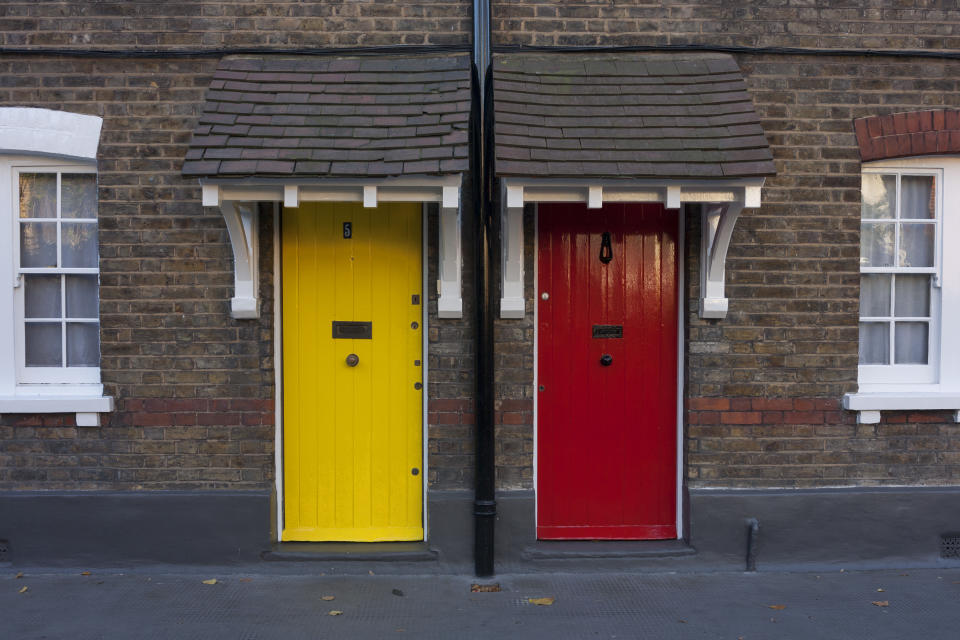
How is it calculated?
How much you pay depends on the value of your property. In England, there are eight property price bands, ranging from A to H, based on the value of a property back in April 1991.
The bands and their price ranges are as follows: A (up to £40,000), B (over £40,000 and up to £52,000), C (over £52,000 and up to £68,000), D (over £68,000 and up to £88,000), E (over £88,000 and up to £120,000), F (over £120,000 and up to £160,000), G (over £160,000 and up to £320,000), and H (over £320,000).
Those in the top bracket – H – pay three times as much council tax as those in the lowest.
Every strand of local government, from parish councils right up to county councils, add their little bit to the overall bill.
In addition, police and fire services ask for a certain amount of local public money to help fund their vital services to the community.
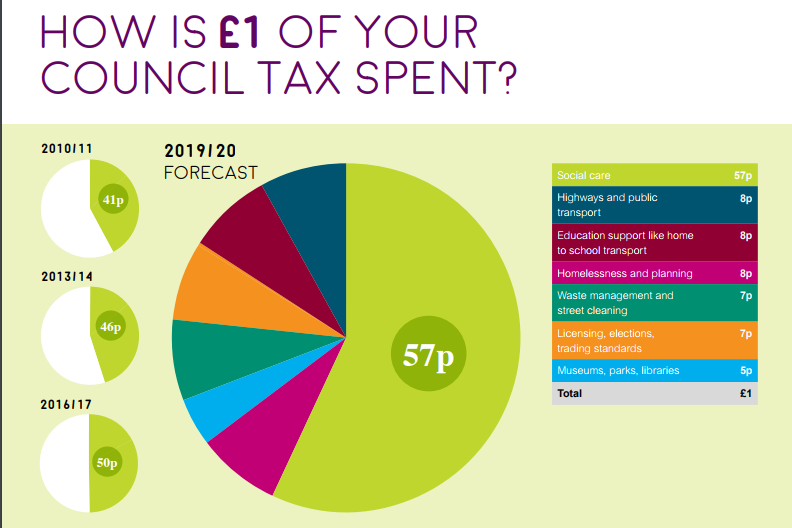
Where does the council tax money go?
A lot depends on the finances of your local council but in general the tax is spent on providing the following services:
Libraries; police and fire services; street cleaning and waste collection; parks and recreation; social services – everything from day care for children to assistance for vulnerable individuals; schools, education and youth services; housing provision and advice; community development; street lighting and road and bridge maintenance; administration and record keeping – paying for local elections, births, deaths & marriage licences.
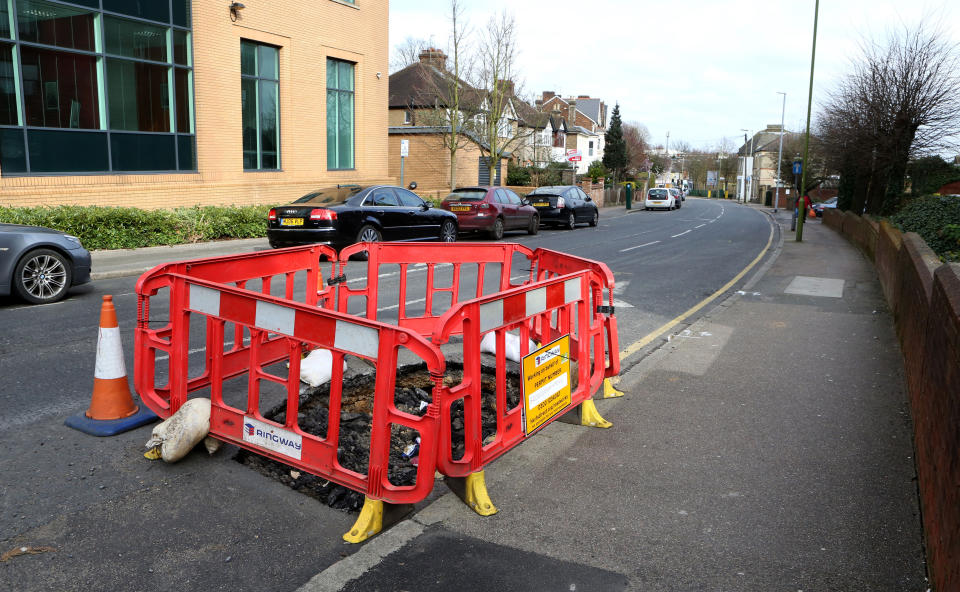
Why are bills set to rise so much?
Eight out of 10 local councils say they are worried about their finances. Cuts to funding from central government have really hit local budgets hard.
Town Halls up and down the country are also grappling with an ageing demographic where more elderly people are living longer and need greater care in nursing homes, sheltered accommodation and with basic needs such as meals on wheels.
MORE: Housing market is still sluggish – with no sign it will pick up any time soon
On Friday, Northamptonshire County Council revealed it had imposed emergency controls on its spending in order to address “severe financial challenges”.
The section 114 notice shows the council does not have enough money to meet its expenditure. It is the first local authority in 20 years to resort to the measure.
England’s councils have experienced a 40% cut in their funding from central government since the start of the decade – the start of austerity following the financial crash.
The Local Government Association estimates that they face a £5bn funding gap by 2020, which could potentially push many councils to breaking point.

 Yahoo Finance
Yahoo Finance 
